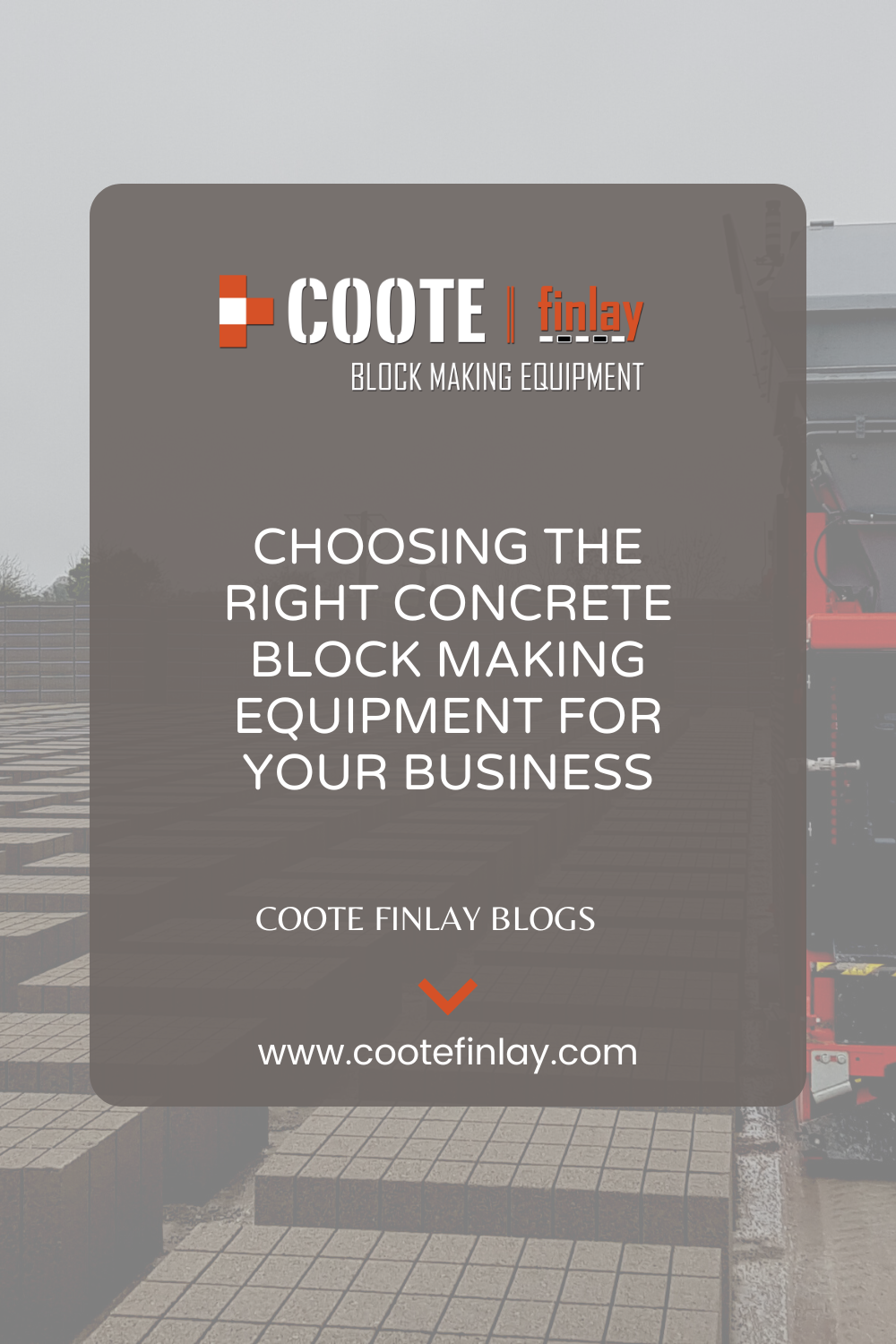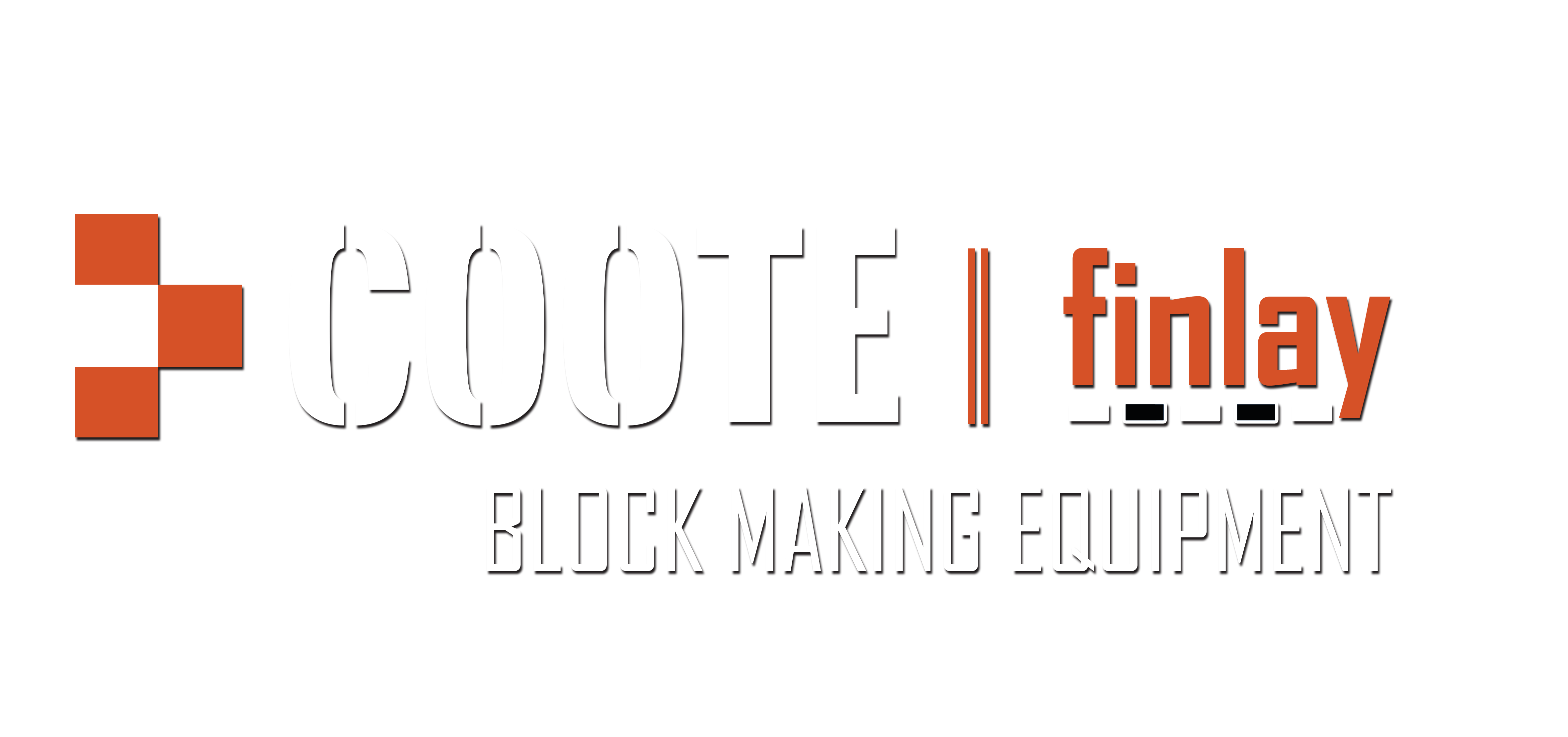Choosing the Right Concrete Block Making Equipment for Your Business
Posted On: July 11, 2023
Introduction:
When it comes to the construction industry, concrete blocks are an essential component used in the various applications, from building walls to creating sturdy foundations. If you’re considering starting a business in concrete block production, or expanding your existing operations, choosing the right concrete block making equipment is crucial. With a wide range of options available in the market, its important to make an informed decision that aligns with your specific requirements and goals. In this blog, we will discuss key factors to consider when selecting concrete block making equipment for your business.
- Production Capacity:
Determining the production capacity you require is the first step in selecting the right concrete block making equipment. Consider your target market, demand projections, and available resources. Are you targeting small-scale projects or large-scale construction ventures? Assessing your production needs will help you choose equipment that matches your desired output, ensuring optimal efficiency and profitability.
- Machine Types:
Concrete block making machines come in various types, each with its own advantages and applications, the most common types include:
Mobile Block Making Machine
With a mobile block making machine, the blocks are produced directly on to a flat surface. The machine is on wheels which travel across the flat plot of ground, producing blocks in single rows. The raw material is fed into the top of the machine through the hopper, which is fed down and compacted within the mould. This type of production machine is called a “egg laying block making machine.” The moving egg laying block making machine can produce different types of hollow bricks and solid bricks by changing the mould.
Static Block Making Machine
Bricks/blocks are produced in a fixed location on to boards or pallets which is normally transported through a conveyor belt. By altering the mould, a static machine may make various kinds of hollow bricks, solid bricks, and paving bricks. In addition to this, the automatic machine can also make curbstone.
- Automation Level:
Automation plays a significant role in enhancing productivity and reducing labour costs. Concrete block making machines can range from manual to fully automatic operation. Manual machines require more labour involvement and are suitable for smaller operations with limited budgets. Semi-automatic and fully automatic machines offer higher productivity and require less manual intervention, making them ideal for larger-scale production.
- Quality and Durability:
The quality and durability of the concrete block making equipment are paramount to the success of your business. Look for machines built with high-quality materials and components that can withstand the demanding nature of concrete block production. It is advisable to choose equipment from reputable manufacturers known for their reliability and after-sales support. Additionally, consider the availability of spare parts and maintenance requirements to ensure uninterrupted operations.
- Power Source:
Concrete block making machines can be powered by electricity, diesel, or a combination of both. Consider the availability and cost of electricity in your region, as well as any environmental regulations. Electric machines are generally more environmentally friendly and cost-effective in areas with reliable power supply. Diesel-powered machines offer flexibility in remote locations or areas with frequent power outages.
- Customisation Options:
Depending on your business requirements, you may need additional features or customisation options. For example, some machines offer the ability to produce blocks in different sizes or incorporate specific designs. Discuss your specific needs with the equipment manufacturer to determine if they can accommodate customisation requests.
Conclusion:
Selecting the right concrete block making equipment is a crucial step in establishing a successful and profitable business in the construction industry. By considering factors such as production capacity, machine types, automation level, quality, power source, and customisation options, you can make an informed decision that aligns with your goals and maximises efficiency. Investing in reliable, high-quality equipment will ensure your business is well-positioned for growth and success in the competitive concrete block production market.


 +44 (0)28 8556 8123
+44 (0)28 8556 8123  info@cootefinlay.com
info@cootefinlay.com